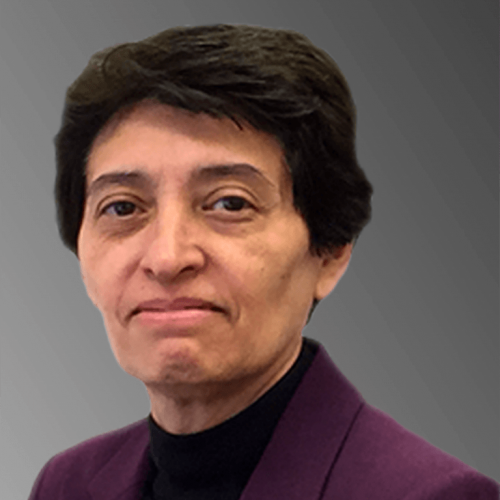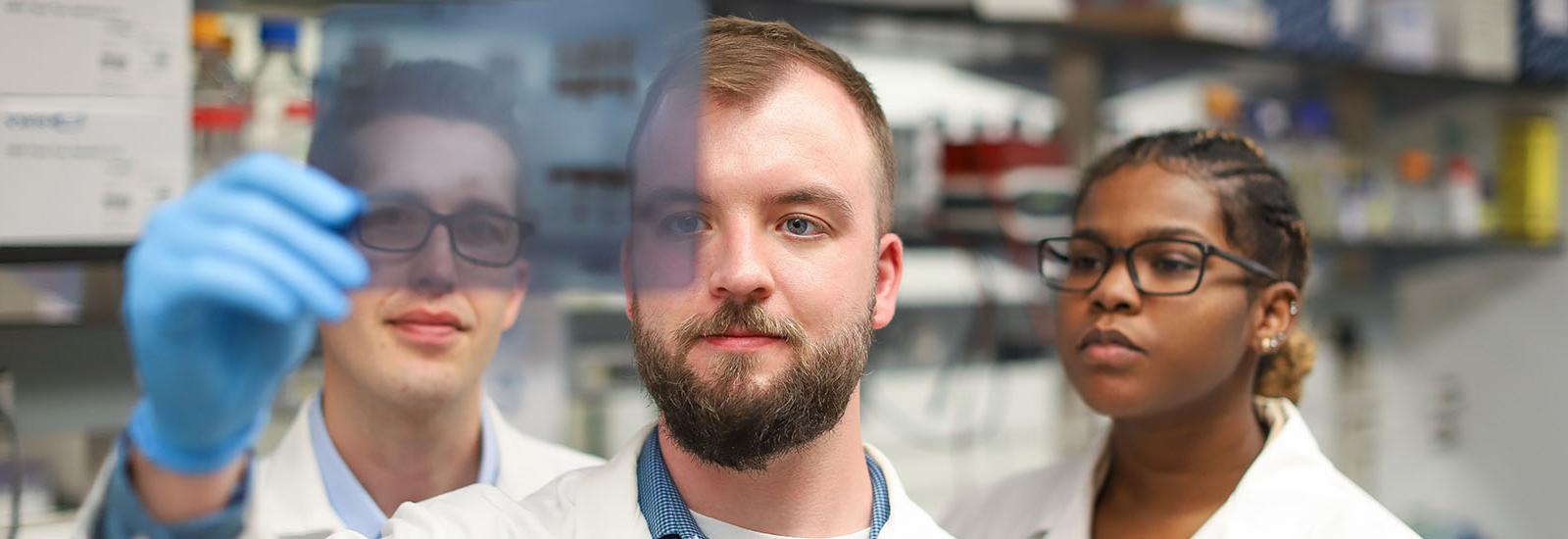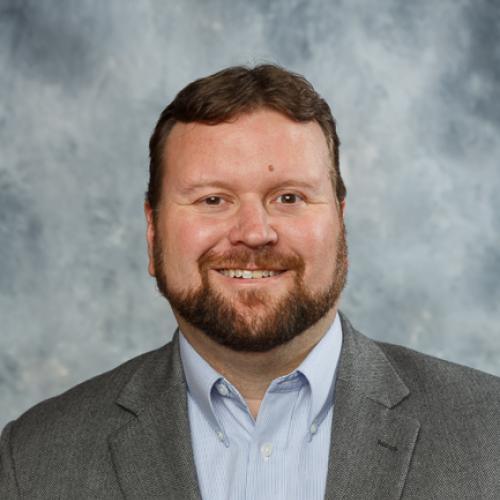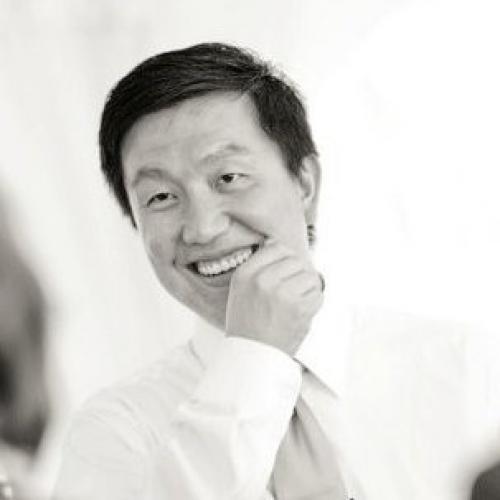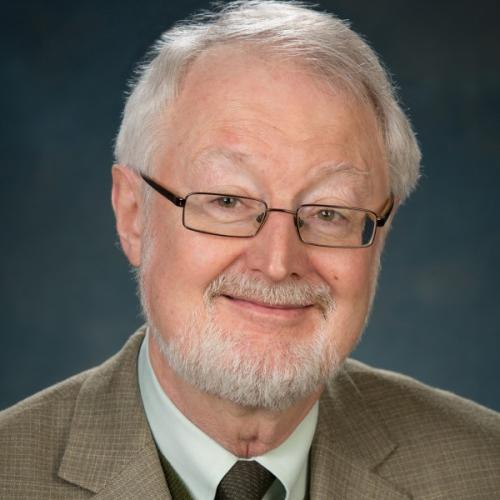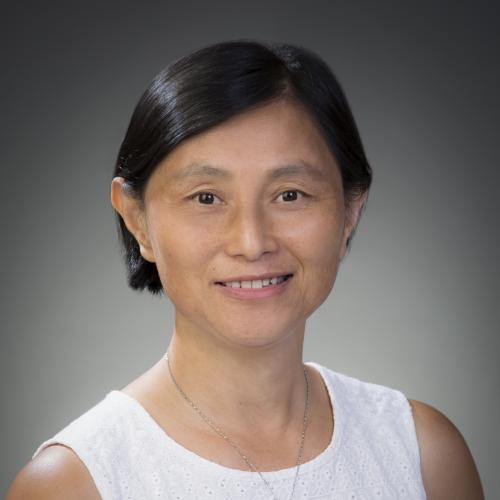Esperanza Carcache de Blanco, PhD
Associate Professor
Dr. Carcache de Blanco's research interests focus on the discovery of bioactive constituents from natural product sources with potential application in cancer chemoprevention and chemotherapy. She is also interested in the study of botanical dietary supplements and other herbal products used in traditional medicine.
Other research areas:
Cancer,
Division of Medicinal Chemistry & Pharmacognosy
